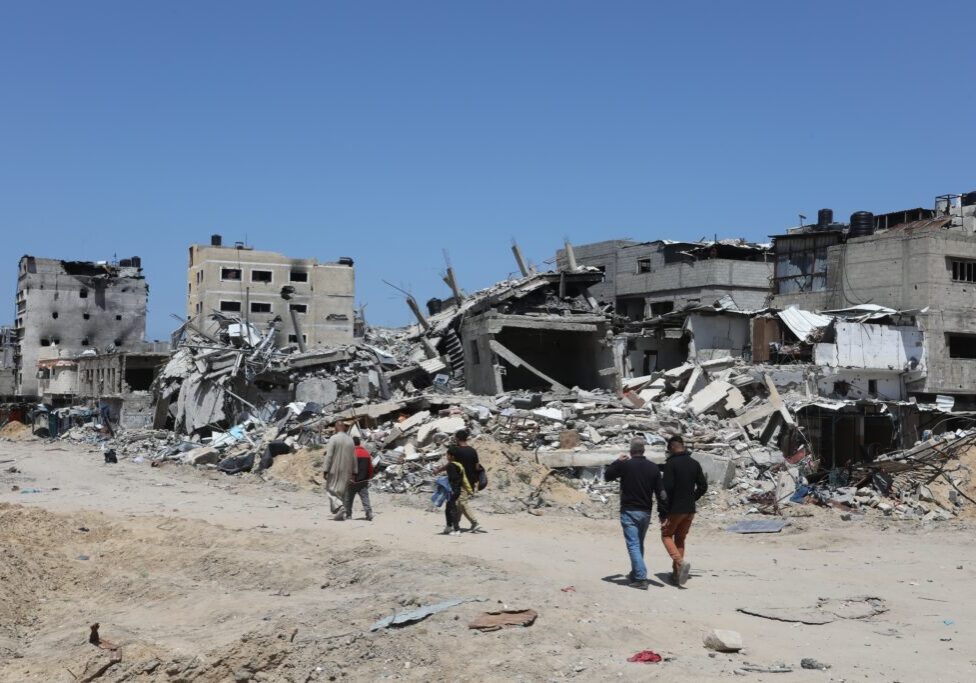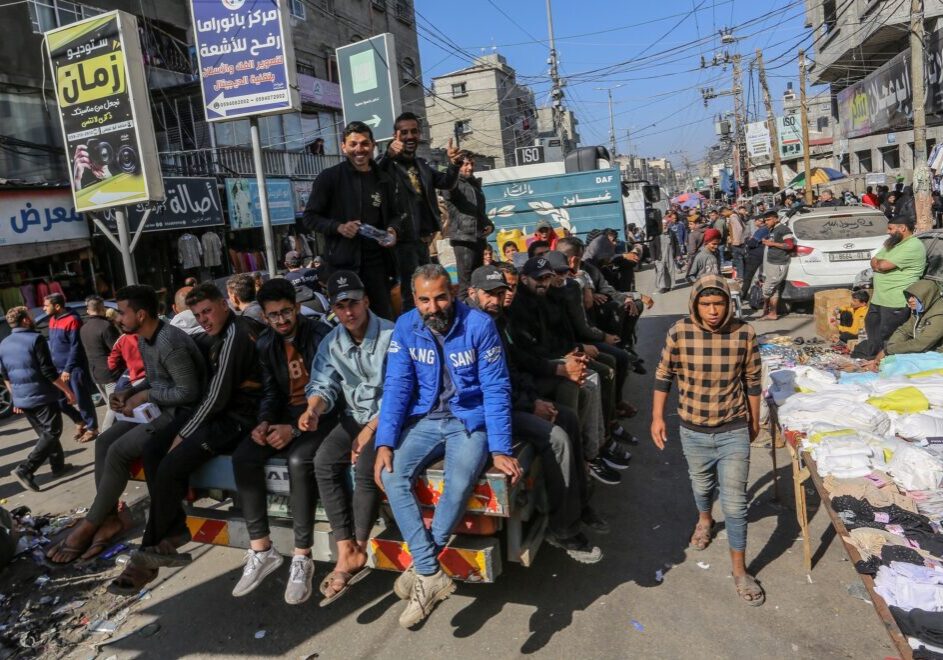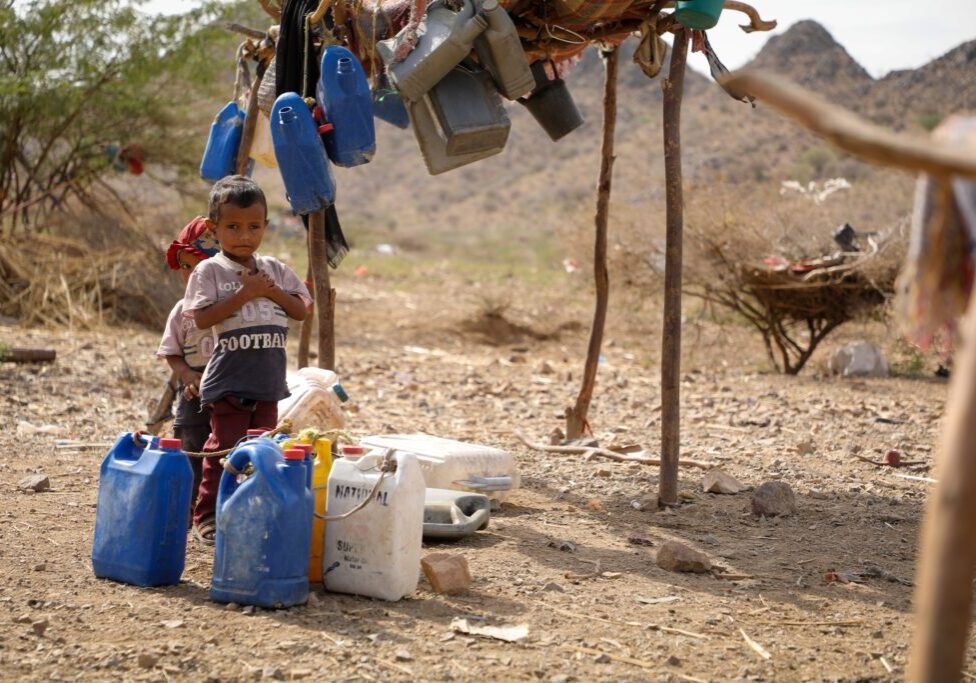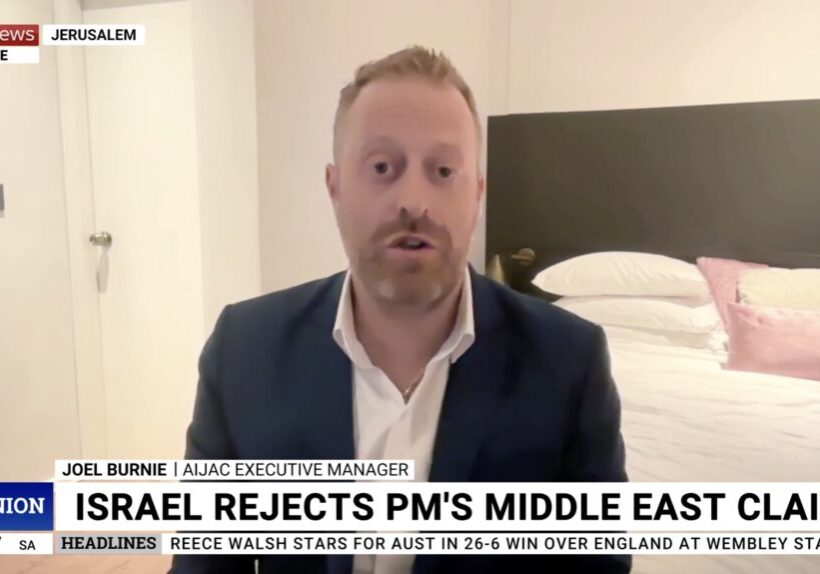Australia/Israel Review
Editorial: The Axis of Terror Acts
Aug 15, 2006 | Colin Rubenstein
Colin Rubenstein
Israel has once again been dragged into a war it did not want and did not start. Just as was predicted in May’s Australia/Israel Review editorial, Iran’s rulers have apparently used their control over Hezbollah and influence over Hamas to create a crisis and divert attention from their illegal attempts to develop nuclear weaponry.
However, the reactions to the Hezbollah-Israel war are different from other wars foisted on Israel by its enemies. Just a few days after the conflict began on July 12, the editor of a Kuwaiti newspaper argued that, “The operations of Israel in Gaza and Lebanon are in the interest of people of Arab countries and the international community.”
Statements blaming Hezbollah for the current violence have also come from the governments of Saudi Arabia, Egypt and Jordan, as well as many Arab commentators.
These actors have not suddenly become Israel’s friends. Instead, they recognise that, as the veteran leader of Lebanon’s Druze community, Walid Jumblatt, put it, “The war is no longer Lebanon’s – it is an Iranian war. Iran is telling the United States: You want to fight me in the Gulf and destroy my nuclear program? I will hit you at home, in Israel.” Iran, assisted by Syria, is attempting to assert its power in the region, and the Arab states are worried.
There seems little doubt that the Hezbollah attack was designed, at least in part, to draw attention away from the ongoing controversy surrounding the Iranian nuclear weapons program. Just before the crisis erupted, the issue was again referred to the UN Security Council for consideration of possible sanctions.
Hezbollah, a terrorist organisation banned in the UK, US, Australia and elsewhere, was founded, trained, armed, funded and, in part, directed, by the Iranian Revolutionary Guards.
All this was done in front of the United Nations Interim Force in Lebanon (UNIFIL), a peacekeeping force created in 1978 — some four years before Hezbollah’s creation. UNIFIL not only failed to keep the peace, it frequently allowed Hezbollah to locate its forces just outside their own posts.
This almost certainly contributed to the tragic accident on July 25, where Israel unintentionally struck a UN observers’ post at Khiyam, killing four UN peacekeepers.
There was absolutely no justification, either in law or in ethics, for Hezbollah’s blatant violation of sovereign Israeli territory to kill and kidnap Israeli soldiers and fire rockets at civilian targets, which triggered the current conflict.
In May 2000, Israel withdrew from Lebanon in a move recognised by the international community as ending any territorial quarrel between Lebanon and Israel. The same can be said of Hamas attacks from the Gaza Strip, which was also completely evacuated by Israel last year.
In the face of Lebanese and UN paralysis, Israel can only prevent Hezbollah attacks by disarming it and moving it away from the border. The Israeli Government has even concluded that suffering the hundreds of rocket attacks and dozens of civilian casualties still occurring throughout its north is a price worth paying – if it prevents even worse attacks later.
Israeli attacks are concentrated on Hezbollah bases, command centres, rocket launchers and storage warehouses, most of which are illegally situated in the middle of civilian areas. But Israel has also sought to isolate Hezbollah by cutting off transportation links – air travel, roads, bridges, ports and the like. This is a perfectly legal and justified military tactic because it serves a genuine military purpose – to prevent Hezbollah’s rearming by its patrons Syria and Iran.
Israel is doing what it can to minimise civilian casualties- for example by dropping leaflets warning civilians to evacuate places about to be attacked, even though this also allows Hezbollah fighters to flee.
There is much talk of the supposed lack of “proportionality” of the Israeli response, and comparisons of casualty figures. But it should be remembered that Israel is entitled to respond in proportion to the threat, not just to the specific illegal cross-border kidnapping and rocket attacks that sparked its counter-actions. And that threat is indeed very grave, given the thousands of Hezbollah rockets, the declared intent to use them against Israeli cities and towns, and the promise of further “surprises”.
It should also be remembered that Hezbollah is deliberately and cynically using civilian shields to confront Israel with a no-win situation. If Israel doesn’t strike back, Hezbollah is free to plan and arm for further attacks whenever this suits Iran. But if Israel does retaliate and civilians are injured or killed, the Jewish state can be pilloried for its supposed brutality.
The obvious resolution of the problem is for Lebanon to regain control over its own foreign policy and all its territory, and thus obviate any need for Israel to respond militarily to Hezbollah attacks. UN Security Council Resolutions 1559, 1566 and 1680 demand just that. Lebanon needs international assistance and encouragement to do so.
Hezbollah must be significantly weakened, so that it has no ability to seriously interfere with the extension of Lebanese sovereignty.
No one wants the current violence and suffering on both sides to continue. But if the problem of Hezbollah’s anomalous Iranian-backed state-within-a-state in Lebanon is not resolved, not only will Lebanon remain unable to gain full democratic sovereignty, the violence and civilian deaths will certainly return repeatedly in coming months and years.
That is why everyone of goodwill should be hoping and working for a sustainable ceasefire as soon as possible, but not one second before it is crystal clear that the conditions for stability and quiet will follow – Hezbollah dismantled as a military force and Lebanon in control of its own southern border.
![]()
Tags: Israel






